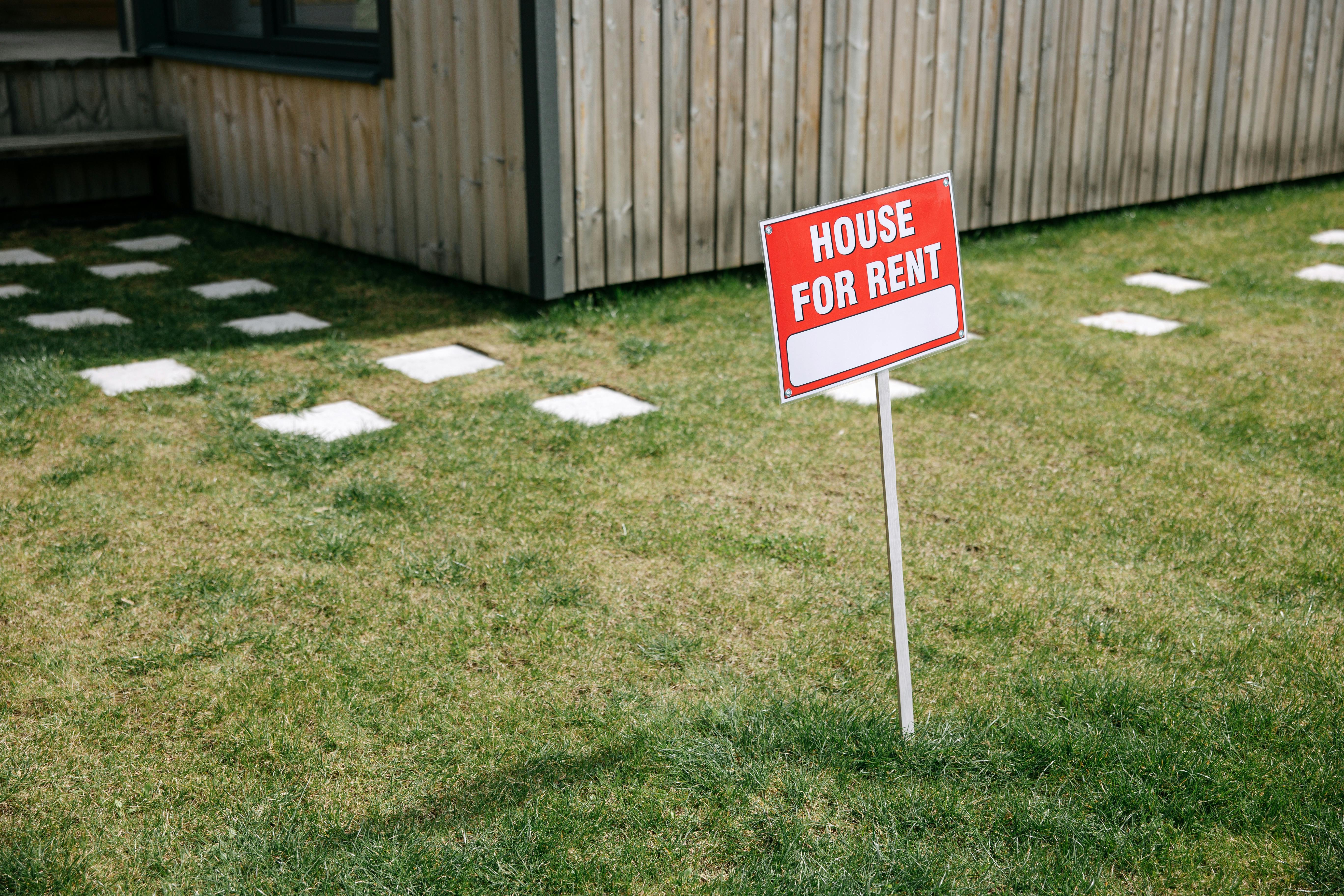Landlord Blog
Education and news for smart DIY landlords!
The Hidden Costs of Being a Landlord (And What to Do About Them)

Becoming a landlord can be a smart investment move. Rental income, long-term property appreciation, and potential tax benefits are all attractive reasons to own real estate. However, the financial reality of being a landlord often involves more than just collecting rent. Hidden costs can eat into profits if you're not prepared. Here’s what every current and aspiring landlord should know—and how to handle it wisely.
1. Maintenance and Repairs Add Up Quickly
Even if your property is in good shape when you buy it, things wear down over time. Appliances break, plumbing leaks, and HVAC systems fail—often at the worst possible moments. These repair costs aren’t always small. A new water heater or roof can cost thousands. Routine upkeep like landscaping, pest control, and cleaning between tenants can also chip away at your bottom line.
What to do: Build a repair reserve fund. Experts recommend setting aside 1–2% of the property’s value annually for maintenance. Also, establish relationships with reliable contractors ahead of time so you're not scrambling during emergencies.
Read more: Why Home Maintenance Is an "Investment Protection"
2. Vacancies Mean Zero Income, Full Expenses

Vacancy is one of the biggest hidden threats to rental profitability. Every month your unit is empty, you still owe the mortgage, taxes, insurance, and utilities. And if the vacancy stretches out due to poor marketing or unrealistic pricing, losses can mount fast.
What to do: Plan for at least one month of vacancy per year. Market your property proactively, keep it well-maintained, and price it competitively to attract reliable tenants. Consider hiring a property manager if you’re struggling with turnover.
3. Property Management Isn’t Always Optional
Managing a rental property is time-consuming. Screening tenants, collecting rent, handling maintenance, and addressing disputes can feel like a full-time job—especially if you own multiple units or don’t live nearby. Many landlords eventually hire property managers, which typically costs 8–12% of the monthly rent.
What to do: If your time is limited or you’re not local, factor professional property management into your business plan from the beginning. The cost may be worth it to avoid burnout and ensure smooth operations.
4. Insurance and Property Taxes Can Climb

Landlord insurance is more expensive than a standard homeowners policy, and property taxes can increase year-over-year—especially if local governments reassess property values. These costs are often overlooked in initial budgeting.
What to do: Shop around annually for the best insurance rates and include expected tax increases in your long-term financial planning. Also, check if your area offers any tax breaks for rental properties.
5. Legal and Compliance Costs
Evictions, fair housing disputes, and local ordinance violations can result in legal costs. Even a single court case can be financially and emotionally draining.
What to do: Know your state’s landlord-tenant laws, use professionally written lease agreements, and keep detailed records of all transactions and communications. Legal consultations may be a smart proactive investment.
Final Thoughts
Being a landlord can be profitable, but it’s not without risk. Hidden costs are part of the package—yet they don’t have to catch you off guard. By planning ahead, budgeting realistically, and staying informed, you can protect your investment and ensure that your rental business remains sustainable and successful.
